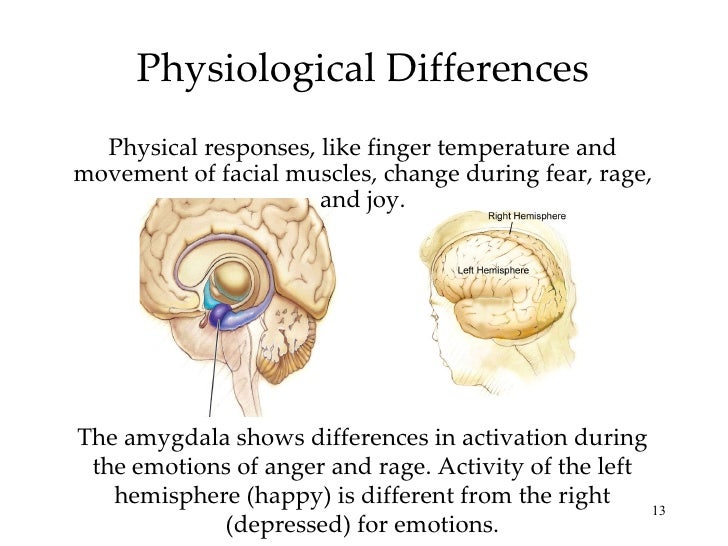Psychology Psychological Therapy Study Guide Answers
Psychological therapy is more commonly called. Effectiveness, psychologists have turned to research. Answer these questions the day before an exam as a. Suzuki sx4 maintenance manual 2017. Psychological Treatment quiz that tests what you know. Perfect prep for Psychological Treatment quizzes and tests you might have in school.
Psychological Therapy. Myers 7th edition Psychology. Psychological Therapy outline. Created for study use and for others to understand the ideas and.
Psychological Therapies Any psychologist or psychiatrist will tell you right off the bat that a mental illness cannot be solved by using drugs alone. It's so easy in those commercials, though. You know, the ones that are all rainbows and sunshine and smiles everywhere.
Just take this here little white pill once a day and you'll be back to normal in no time! Alas, this almost never happens. We're too complex for that. This is why psychological therapy is combined alongside drug therapy to better the life of a person with a mental illness. Psychoanalysis Psychoanalysis is a form of psychotherapy used to treat patients with mild-to-moderate chronic life problems.
It was created by none other than Sigmund Freud. This kind of psychotherapy is based on the idea that a person's mental state or behavior is influenced by unconscious conflicts that can cause negative emotions to appear and self-destructive behaviors to arise. So, in that case, during treatment a person will be encouraged to discuss everything that comes to their mind, from their childhood experiences, to their dreams, fears, and so on. As a result, psychoanalysis is sometimes called the talking cure.
Chapter 17 Therapy Study Guide Answers
Just imagine a person lying on a couch talking to their psychologist. That's the stereotypical image of psychoanalysis. Behavioral, Cognitive, & Hypnotherapy Other kinds of psychological therapy include behavioral, cognitive, and hypnotherapy. Behavioral therapy is behavioral modification that tries to change one's behavior by identifying the problem, replacing bad habits with good ones, and using rewards for a desired response and unrewarding outcomes for the maladaptive response.

For instance, one type of behavioral therapy is aversion therapy. This is where a currently attractive but maladaptive habitual behavior is associated with a very unpleasant stimulus in order to make it undesirable. It's basically using carrots and sticks to change someone's ways. Psychological therapy also includes cognitive therapy, a kind of therapy that focuses on changing the problematic thoughts that negatively affect a person's behaviors and emotions. In this form of therapy, a person's distorted thoughts and beliefs are identified, tested or challenged, and modified. Basically, a person's improper, irrational, or unrealistic patterns of thinking and perception are corrected to rational and realistic thoughts. In some cases, cognitive and behavioral therapy are combined in cognitive-behavioral therapy.
Modern Biology Study Guide Answers
And because you're probably getting sleepy, very sleepy towards the end of our lesson, I'll quickly mention hypnotherapy, the use of hypnosis to induce a relaxed trance-like state in an individual so they are more likely to believe and act upon suggestions given by a therapist. Lesson Summary On the count of three, you will wake up and joyfully review everything with me. One, two.oh, who am I kidding?. Psychoanalysis is a form of psychotherapy used to treat patients with mild-to-moderate chronic life problems. Behavioral therapy is behavioral modification that tries to change one's behavior by identifying the problem, replacing bad habits with good ones, and using rewards for a desired response and unrewarding outcomes for the maladaptive response. Cognitive therapy is a kind of therapy that focuses on changing the problematic thoughts that negatively affect a person's behaviors and emotions. Hypnotherapy is the use of hypnosis to induce a relaxed trance-like state in an individual so they are more likely to believe and act upon suggestions given by a therapist.
Learning Outcomes After reviewing this lesson, make sure that you're able to:. Recognize the definition and purpose of psychoanalysis.
Discuss the different types of psychological therapies available, the ways in which they work, and what they focus on.